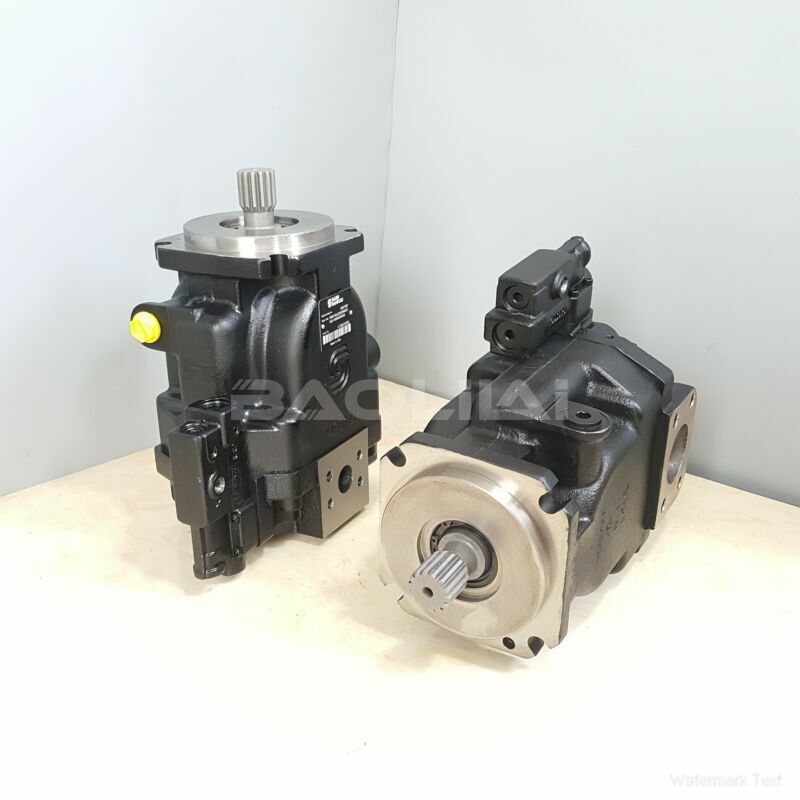FRR074BLS2820NNN3S1N2A1NNNNNNNNNN danfoss pump
FRR074BLS2820NNN3S1N2A1NNNNNNNNNN danfoss pump

- Product Details
- Applicable Scene
In the paper manufacturing industry, efficiency and sustainability are crucial for maintaining competitiveness and minimizing environmental impact. High-pressure pumps play an integral role in steam and heat recovery processes, which are essential for optimizing resource utilization. This article explores the significance of high-pressure pumps in enhancing energy efficiency and supporting sustainable practices in paper manufacturing.
FR-R-074B-LS-28-20-NN-N-3-S1N2-A1N-NNN-NNN-NNN
FRR074BLS2820NNN3S1N2A1NNNNNNNNNN
High-pressure pumps are designed to transport fluids at elevated pressures, making them suitable for various applications in the paper production process. One of their primary roles is in the recovery of steam, which is generated during different stages of papermaking. Steam is produced when water is heated, and in a paper mill, this steam is utilized for drying, cooking pulp, and other processes. High-pressure pumps facilitate the transfer of condensate back to the boiler system, enabling the recycling of steam and reducing the need for fresh water and energy input.

83007829
By effectively managing steam flow, high-pressure pumps help maintain optimal pressure levels in the system. This regulation not only enhances operational efficiency but also prevents the significant energy losses associated with underutilized steam. Moreover, the use of high-pressure pumps in heat exchangers can further improve heat recovery by transferring heat from hot condensate to incoming cold water or process liquids. This process raises the temperature of incoming fluids, reducing the energy required to heat them, and consequently decreasing overall energy consumption.
The benefits of high-pressure pumps extend beyond energy recovery. They also contribute to the overall reliability and performance of the paper manufacturing process. With robust construction and reliable operation, these pumps are capable of handling the demanding conditions present in a mill, such as fluctuating pressures and temperatures. This reliability minimizes downtime, ensuring a continuous and efficient production flow.





